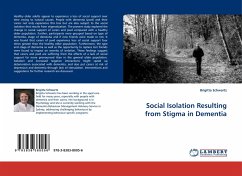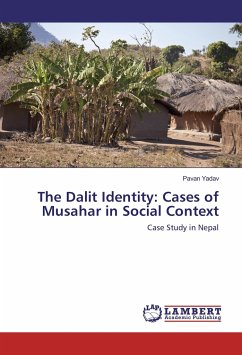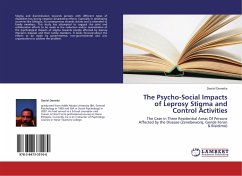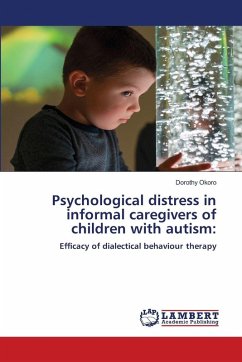
Social Isolation Resulting from Stigma in Dementia
Versandkostenfrei!
Versandfertig in 6-10 Tagen
32,99 €
inkl. MwSt.

PAYBACK Punkte
16 °P sammeln!
Healthy older adults appear to experience a loss of social support over time owing to natural causes. People with dementia (pwd) and their carers not only experience this loss but are also subject to the social isolation that results from stigmatization. The present study explored the change in social support of carers and pwd compared with a healthy older population. Further, participants were grouped based on type of dementia, stage of dementia and if new friends were made or not. It was found that carers of pwd experience loss of social support four times greater than the healthy older popu...
Healthy older adults appear to experience a loss of social support over time owing to natural causes. People with dementia (pwd) and their carers not only experience this loss but are also subject to the social isolation that results from stigmatization. The present study explored the change in social support of carers and pwd compared with a healthy older population. Further, participants were grouped based on type of dementia, stage of dementia and if new friends were made or not. It was found that carers of pwd experience loss of social support four times greater than the healthy older population. Furthermore, the type and stage of dementia as well as the opportunity to replace lost friends were found to impact on severity of isolation. These findings suggest that carers and pwd are suffering from the effects of a lack of social support far more pronounced than in the general older population. Isolation and increased negative interactions might speed up deterioration associated with dementia, and also put carers at risk of depression and dementia through lack of stimulation. Interventions and suggestions for further research are discussed.














